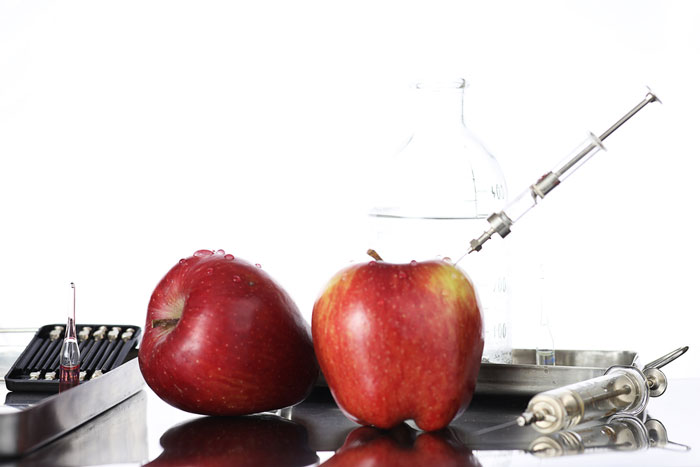Fraud, food and drink: What do consumers expect?
- Like
- Digg
- Del
- Tumblr
- VKontakte
- Buffer
- Love This
- Odnoklassniki
- Meneame
- Blogger
- Amazon
- Yahoo Mail
- Gmail
- AOL
- Newsvine
- HackerNews
- Evernote
- MySpace
- Mail.ru
- Viadeo
- Line
- Comments
- Yummly
- SMS
- Viber
- Telegram
- Subscribe
- Skype
- Facebook Messenger
- Kakao
- LiveJournal
- Yammer
- Edgar
- Fintel
- Mix
- Instapaper
- Copy Link
Posted: 15 November 2017 | Eoghan Daly | Senior Manager | Forensic and Counter Fraud Services | Crowe Clark Whitehill | No comments yet
The demand for food manufacturers to go above and beyond when it comes to ensuring the safety of their product has never been higher. Eoghan Daly, Senior Manager, Forensic and Counter Fraud Services, Crowe Clark Whitehill tells us more.


TRANSPARENCY: Most people expect food and drink producers to share information with the appropriate authorities.
Since the 2013 horsemeat scandal, the food and drink industry’s response to assessing and managing fraud has changed. There is a general acceptance that it is no longer good enough to simply react to known fraud risks. An effective and comprehensive counter fraud strategy needs to be proactive and based on reliable evidence about the nature and scale of all fraud risks facing an organisation, not just known fraud issues related to products or ingredients. There has been a steady evolution, from relying primarily on testing and audit to a greater emphasis on comprehensive steps to strengthen organisations’ fraud resilience.
Crowe Clark Whitehill commissioned research agency Ipsos Mori to establish consumer expectations with respect to food and drink businesses’ approach to counter fraud. The findings presented here suggest that, despite the progress made by the industry, consumers expect more transparency from the businesses they trust to provide their food.
Consumer perceptions of the food and drink industry suggest there is a divergence between current practice and what consumers expect food and drink businesses to do. Consumer expectations are reasonable and would, if adopted by the industry, contribute towards strengthening the fraud resilience of the UK food and drink industry.
The response to our survey reveals widespread support among the public for food and drink businesses to share information with the Scottish Food Crime and Incidents Unit / National Food Crime Unit about fraud incidents. In addition to when there could be a health impact, consumers expect food and drink businesses to share information about fraud incidents that may result in financial losses. Consumers appreciate the financial nature of the offence and understand that it is not limited to issues with potentially negative health impacts.
The majority of people in the UK (64 per cent) expect food and drink businesses to share information with the Scottish Food Crime and Incidents Unit / National Food Crime Unit when the incident may cause a health risk. Almost half (49 per cent) expect food and drink businesses to share information with the regulators when the incident may cause a financial loss to a customer or other member of the public.
Many consumers (around 40 per cent) expect food and drink businesses to share information with the regulators about fraud incidents as soon as a suspicion is confirmed with one piece of reliable evidence. That is, before an incident is confirmed.
Current arrangements to share information between the food and drink industry and authorities about fraud are not in line with consumer expectations. In many cases the information shared by industry groups typically includes reference to the commodity affected, the type of fraud, and in some cases the supply chains affected. The shared information is ‘cleaned’ to strip out anything that could identify a specific company and / or particular food product.
Our research shows that consumers (around 70 per cent) expect food and drink businesses to be much more transparent and, in the majority of cases, share all of available information with authorities. This means that businesses would share information about the product, organisations, and individuals involved.
Effective counter fraud approaches require that fraud is managed like any other business issue. It should be measured, monitored using specific counter fraud metrics, and deliver measurable outcomes. Outcomes are the specific and measurable changes as a direct result of counter fraud measures.










